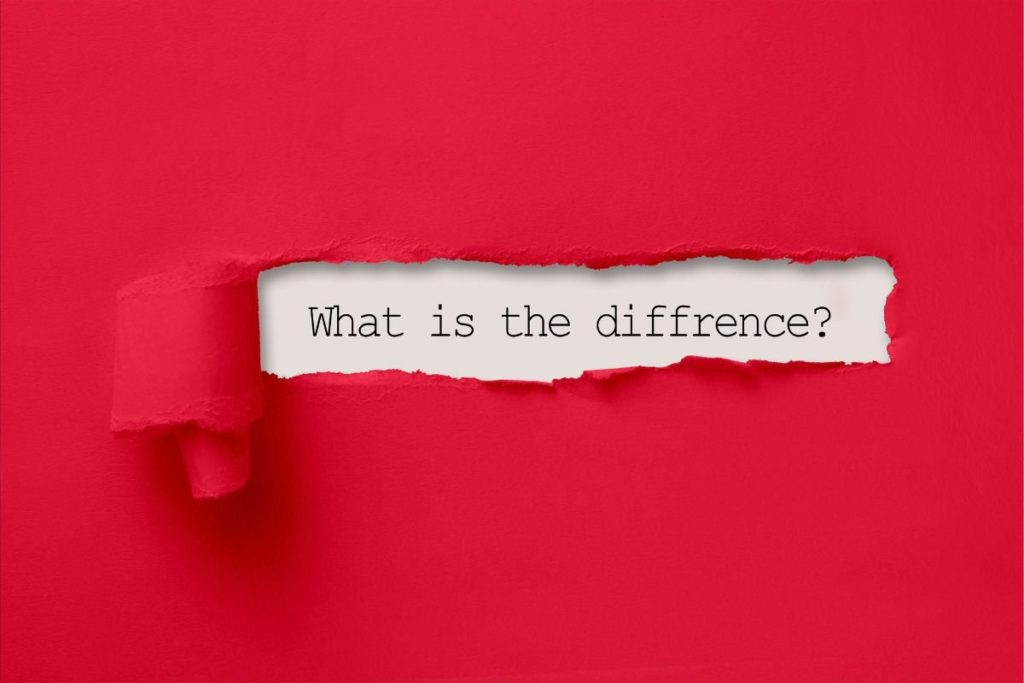When a person becomes incapable of managing their own affairs—whether day-to-day decisions or financial decisions—the courts are permitted to step in at the request of a third party and put into place a guardian, a conservator, or both. The courts generally consider doing so to be a measure of last resort, because divesting a person of their decision-making power is rather drastic. Most often it is people of advanced age who are considered to need either guardianship, conservatorship, or both—particularly where they have failed to establish a durable power of attorney and advance medical directive as part of their estate plan.
But what is the difference between a guardian and a conservator under Virginia law?
It is chiefly a difference in the types of affairs that the person designated by a court will be handling on behalf of the incapacitated person. Virginia law considers those who will care for an incapacitated person’s estate and financial affairs to be a “conservator.” When a person is instead charged with managing decisions about the incapacitated person’s health, safety, support, therapeutic treatment, and even their home, they are considered a “guardian.” Sometimes people are judged incapable of handling either of these classes of affairs on their own. In that case both guardianship and conservatorship may be ordered—and the same person who is declared guardian may also be declared conservator.
The incapacitated person is considered incapable of making their own decisions, which is why they have little say in who will be appointed as guardian or conservator at this late stage (though before a guardianship or conservatorship is created the court does hold at least one hearing, during which the person in question and their loved ones may make arguments and present evidence to display ongoing capability—and the alleged incapacitated person has the benefit of the doubt).
But let us point out that a person may better prepare for the possibility of incapacity before they begin to lose their decision-making abilities. The most effective way to ensure that you will be cared for by the person you would prefer if you should lose your ability to self-care is by creating an advance medical directive and durable power of attorney as part of your estate plan. The creation of such legal instruments must be performed while the person forming it is in demonstrable possession of their capacity, so it must be done before things begin to go awry. This requires a measure of forethought, which is why we recommend them for every adult. And we can help you draft an advance medical directive and durable power of attorney so they are there if—or when—you need it.
We Can Answer Guardian and Conservator Questions
Attend one of Promise Law’s free estate planning workshops to learn more. These workshops provide a great foundation of information that everyone needs to make sound planning decisions. Moreover, if you attend a workshop, you also get a complimentary one-on-one consultation with one of our attorneys.




